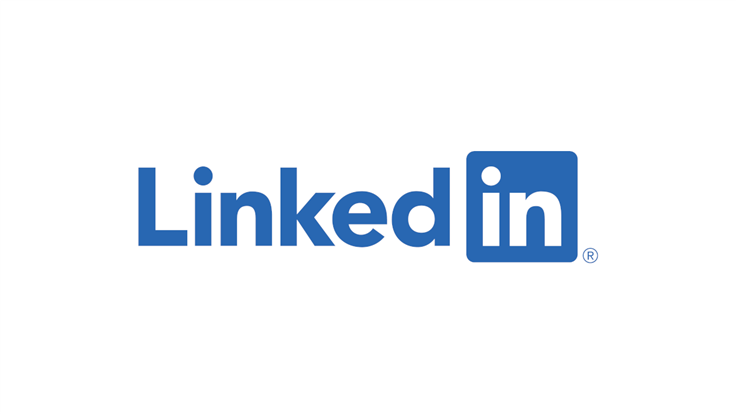Summary
- LinkedIn users are being targeted by a campaign that steals their accounts and then demands a ransom to avoid having the accounts deleted.
- The attackers may be using a variety of methods to gain access to accounts, including brute force attacks and credential stuffing.
- Victims are usually made aware of the attack when they receive a notification that the email address associated with their account has been changed.
- In some cases, the attackers have also added fake accounts to the victim’s connections.
- LinkedIn support has not been helpful in recovering the breached accounts, with users reporting long wait times and unhelpful responses.
- The best way to protect yourself from this attack is to set up two-step verification (2FA).
More Details
- 2FA adds an extra layer of security to your account by requiring you to enter a code from your phone in addition to your password when you sign in.
At least 2 Ways to set up 2FA on LinkedIn
- Authenticator app 2FA: This method uses an app on your phone to generate a code. Authenticator app 2FA is considered to be more secure than SMS 2FA.
- SMS 2FA: This method sends a code to your phone via SMS.
Nothing of value was lost
If I had a LinkedIn account, they could have at it. LinkedIn is capitalist pr0n.
Nothing but corporate dicksucking
That’s truly all it is! There is nothing of value that can be learned on LinkedIn. It’s bootlickers dry humping the wealthy.
My linked in account has zero value. Delete away my non-friends.
Ugh a friend of mine just sent me two links to LinkedIn to people that are yelling about secret energy weapons no one knows about the government is using to create wildfires in Hawaii… I just replied with no thanks.
I’m still processing it. And then this post pops up. I’m not even going to let her know about it.
I was trying to predict the conspiracy theories and I had come up with that one. I still have not seen anyone claiming it was a russian hack of the electric grid but I’m sure it will come up soon.
This would make a good community, post news stories and have other people try to predict conspiracy theories about them!
Like a bingo board comm.
TinfoilBingo.
NewsBingo.
Newspiracy.
Idk just throwing names out there. Could even have scores for people that guess correctly for each story/event. That could be fun.TinfoilBingo
I like that one.
Correct me if I’m wrong but weren’t the people exposed by clicking or opening something malicious? And those with a truly strong password are fine?
They didn’t mention phishing and malware, although they didn’t exclude them either.
They mentioned:
- credential stuffing = email/password reused. potential solutions = use unique passwords, use unique email (use aliases).
- brute-forcing password. potential solutions = use strong random (and unique) passwords, use 2FA.





